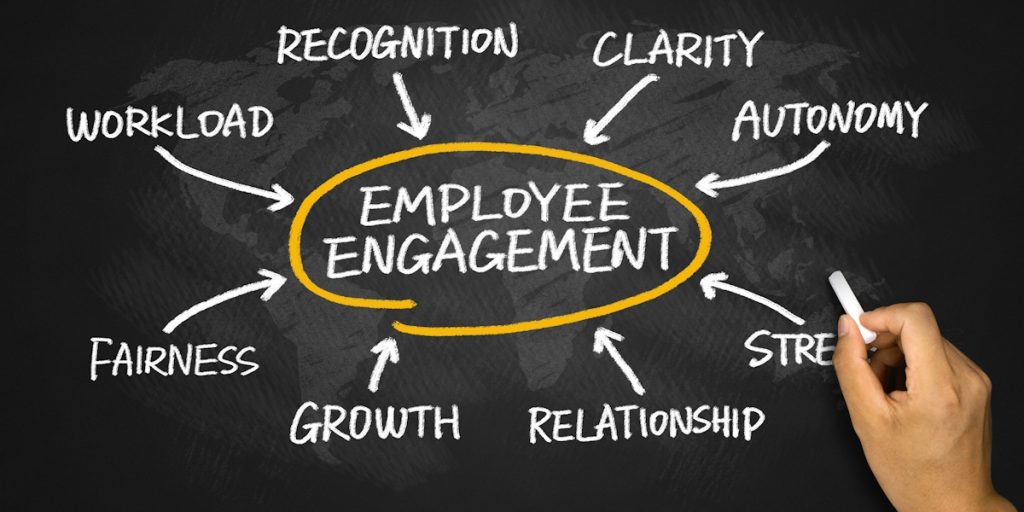Understanding how to influence consumer purchase decisions is crucial for any business. Offering impactful incentives can be the key to shaping consumer behavior and encouraging purchases. Incentives not only motivate consumers but also strengthen their buying habits, making it easier for businesses to boost sales. In this blog, we’ll explore how consumer purchase incentives affect buying decisions, the psychology behind it, and how to implement effective incentive programs.
Why Consumer Purchase Incentives Matter?
Incentives play a pivotal role in shaping consumer purchase decisions. These rewards can range from discounts to exclusive offers, but their core purpose remains the same: driving action. Consumers are more likely to make a purchase when they perceive added value or rewards, making incentives a powerful tool for businesses.
The Psychology Behind Purchase Decisions
Understanding the psychology of purchase decisions is crucial for designing effective incentives. Consumers are not always rational in their choices. Various emotional and psychological factors, such as Fear of Missing out (FOMO) or the desire for instant gratification, heavily influence consumer behavior.
Purchase Decision Psychology and Consumer Buying Habits
Consumers often make purchase decisions based on impulse or desire for immediate rewards. Understanding the underlying factors can help businesses craft offers that appeal directly to these emotional triggers. For instance, offering time-limited discounts taps into the urgency factor, motivating consumers to act fast.
How Impactful Sales Incentives Influence Consumer Behavior?
Impactful sales incentives can have a significant effect on consumer buying habits. A well-timed reward, such as a discount on a future purchase, can lead to repeat purchases. Furthermore, rewards that offer long-term benefits, like loyalty points, can enhance customer retention and influence consumer behavior over time.
Purchase Decision Factors to Consider
Several factors come into play when consumers make purchase decisions. These factors include price, perceived value, brand reputation, and the availability of incentives. A combination of these elements, especially well-crafted consumer purchase incentives, can make your business stand out in a competitive market.
- Price Sensitivity: Consumers are often drawn to discounts or deals that lower the overall cost.
- Perceived Value: Incentives that offer clear value are more likely to influence buying decisions.
- Brand Loyalty: Consistent rewards can help develop long-term relationships with customers.
Effective Incentive Programs: Key to Motivating Consumer Purchases
An effective customer rewards strategy is a vital part of any sales approach. These programs can drive significant changes in how consumers engage with a brand. For example, loyalty programs provide ongoing incentives that keep consumers coming back for more. Additionally, referral programs tap into existing customer networks to bring in new business.
How to Design Incentive Programs That Work?
- Understand Your Audience: Know your target consumer and what type of incentives appeal to them. Millennials may be drawn to discounts, while older generations may appreciate loyalty points.
- Offer Time-Limited Deals: Create urgency by offering limited-time discounts or rewards.
- Use Personalized Rewards: Tailor incentives based on consumer behavior or preferences for a more targeted approach.
Sales Promotions for Customers: How to Maximize Impact
Sales promotions for customers, such as limited-time offers or bundling products, can have a lasting impact. These strategies can persuade a hesitant consumer to take the plunge and make a purchase. Additionally, bundling products with incentives, like a discount for purchasing multiple items, encourages customers to spend more.
Discount Strategies for Consumers That Work
Discount strategies remain one of the most effective ways to influence consumer purchasing decisions. A well-designed discount strategy can attract more buyers, increase the volume of sales, and even introduce customers to new products or services. Discounts can come in many forms, such as:
- Percentage-based discounts
- Buy-one-get-one-free offers
- Seasonal promotions
Customer Rewards Strategy: A Long-Term Approach
While immediate discounts are effective, long-term rewards programs tend to build more enduring customer loyalty. Offering ongoing rewards, like points for every purchase, not only encourages repeat business but also strengthens your brand’s relationship with customers. Over time, these programs can drive higher customer lifetime value and improve overall sales performance.
Conclusion: How Will You Influence Consumer Purchase Decisions?
Incorporating impactful incentives into your sales strategy can have a significant impact on consumer purchase decisions. By understanding the factors that drive buying behavior and implementing effective incentive programs, businesses can motivate consumer purchases and increase their sales.
Which Incentives Work Best for Your Customers?




